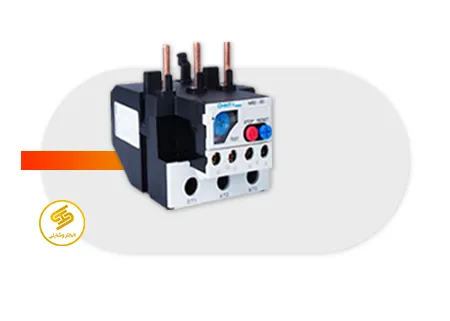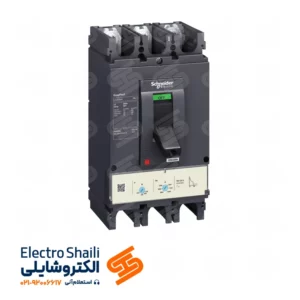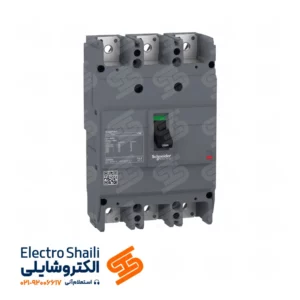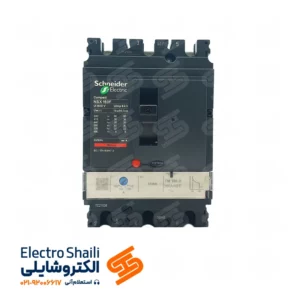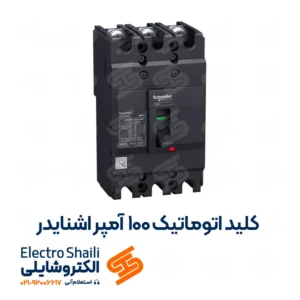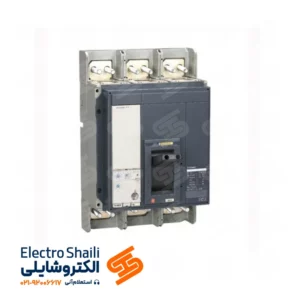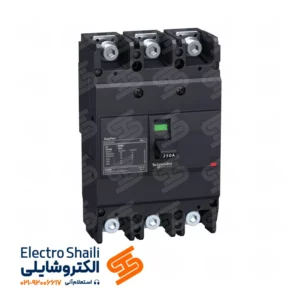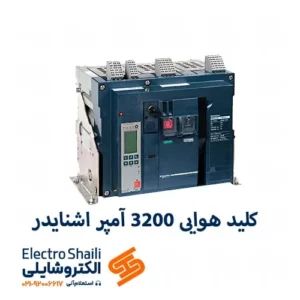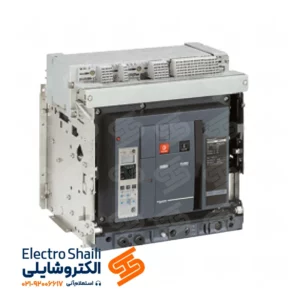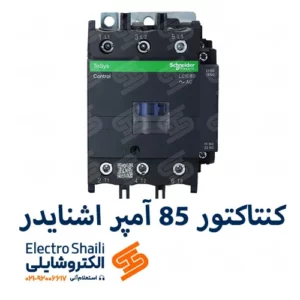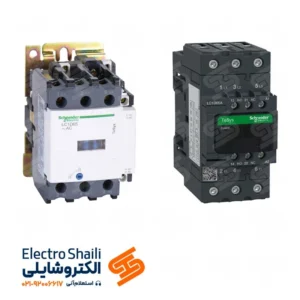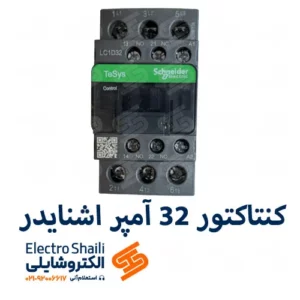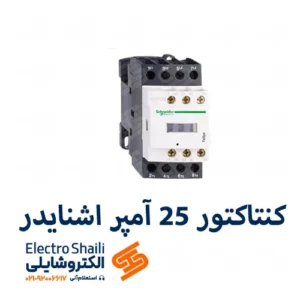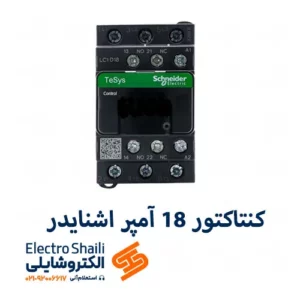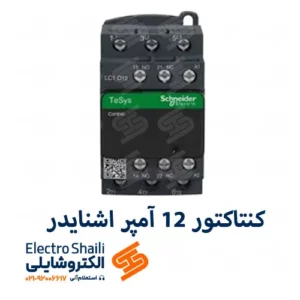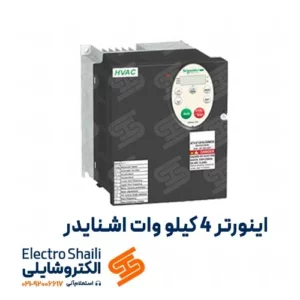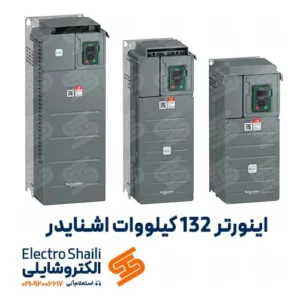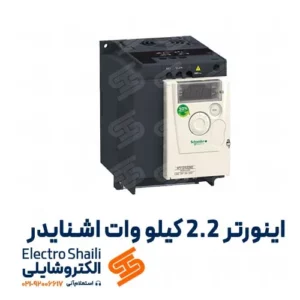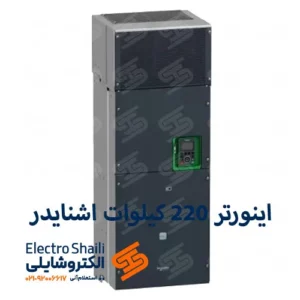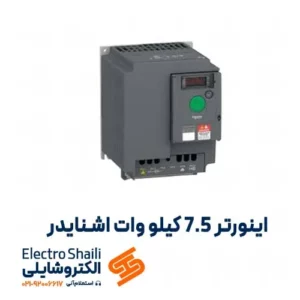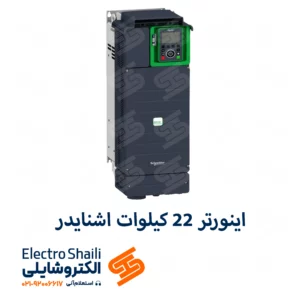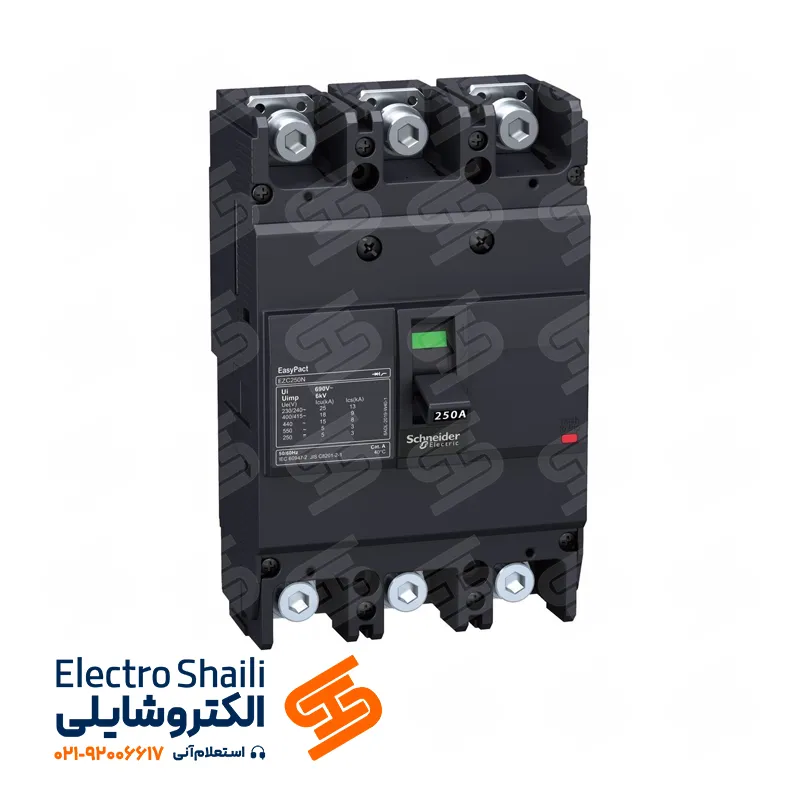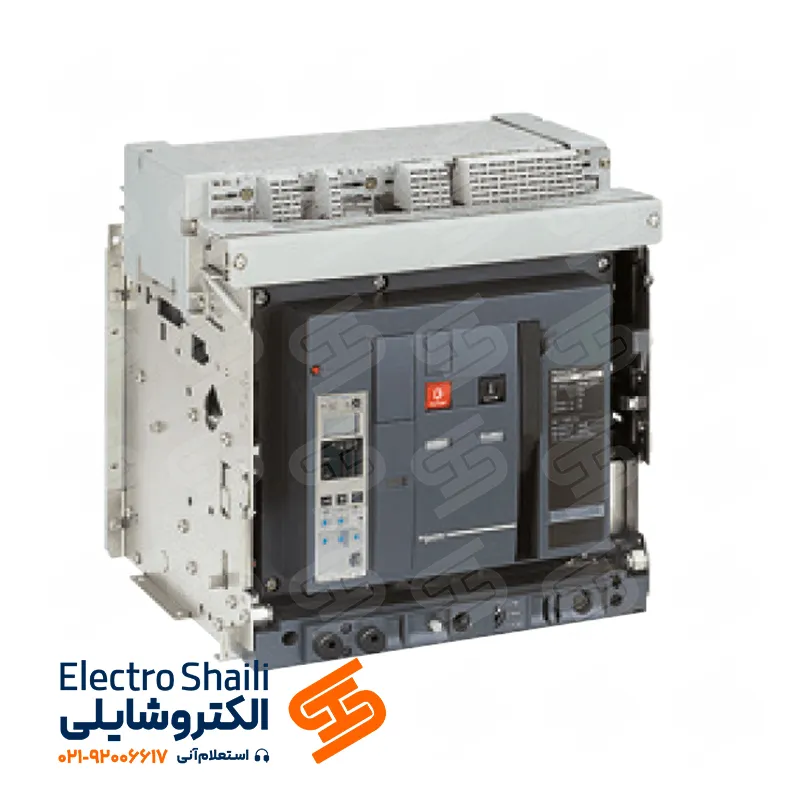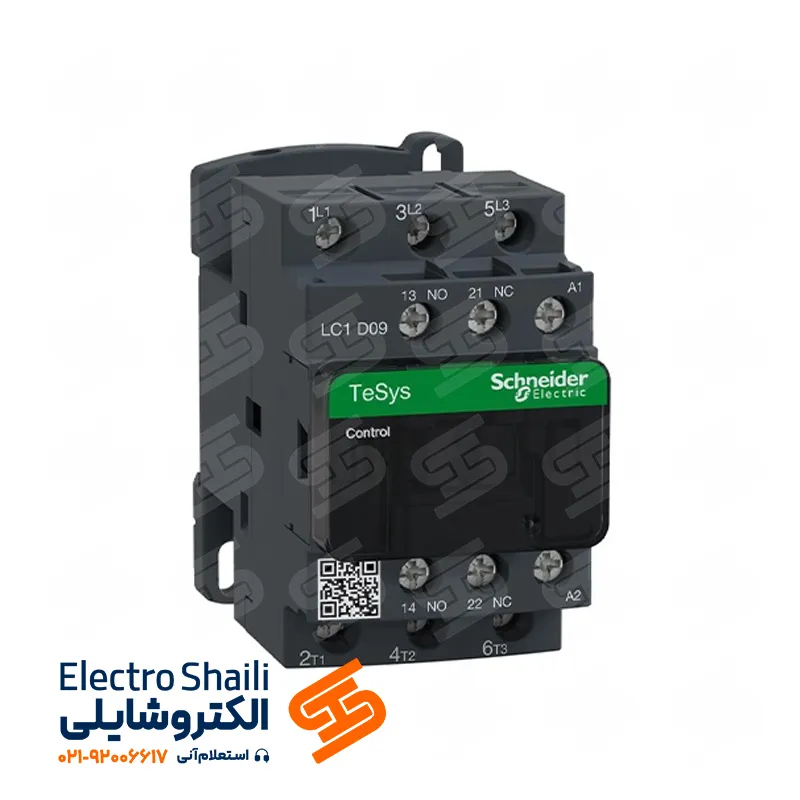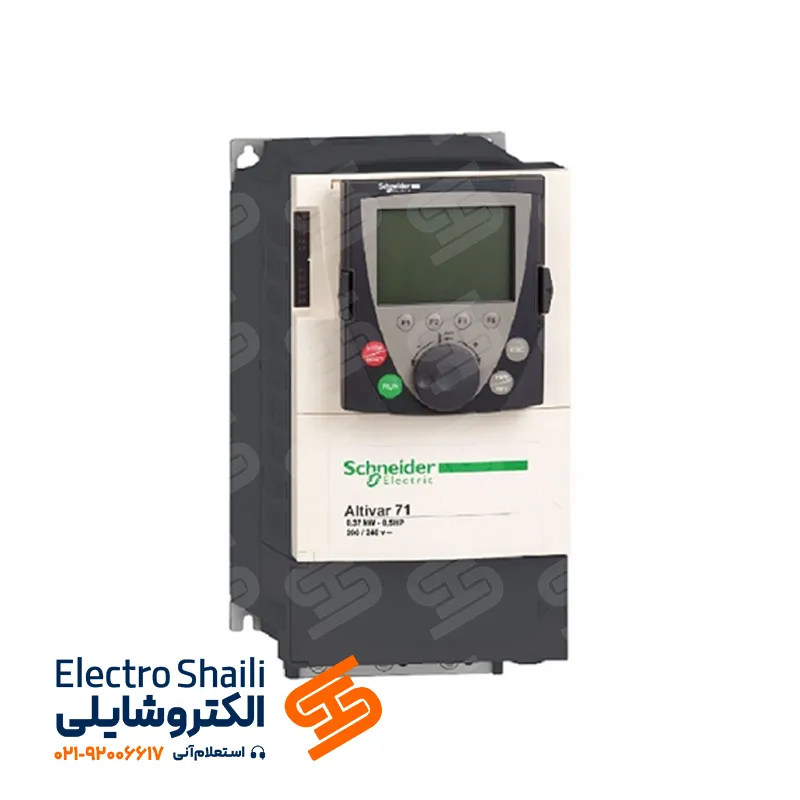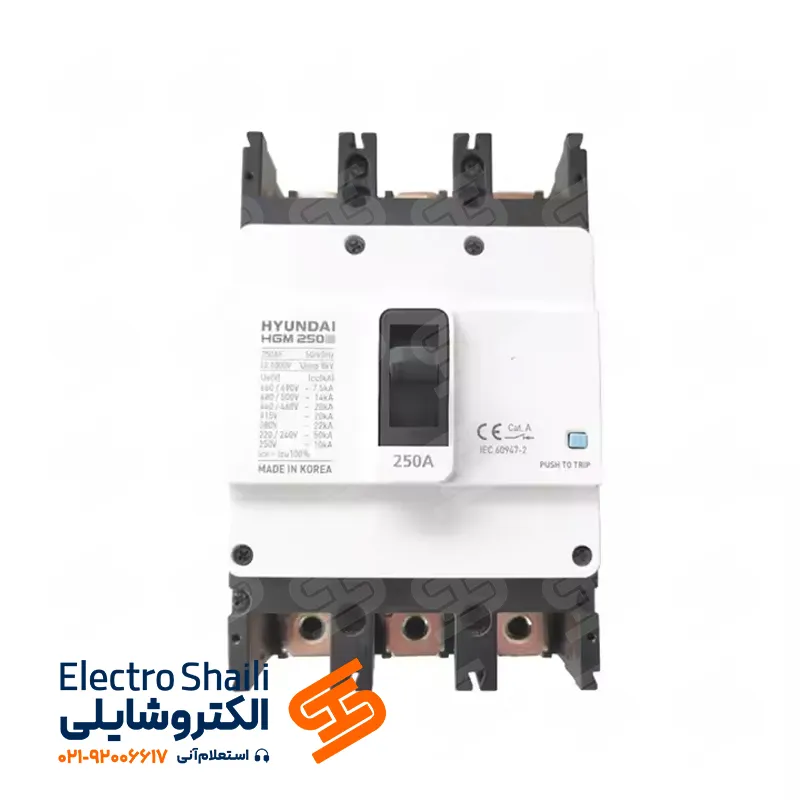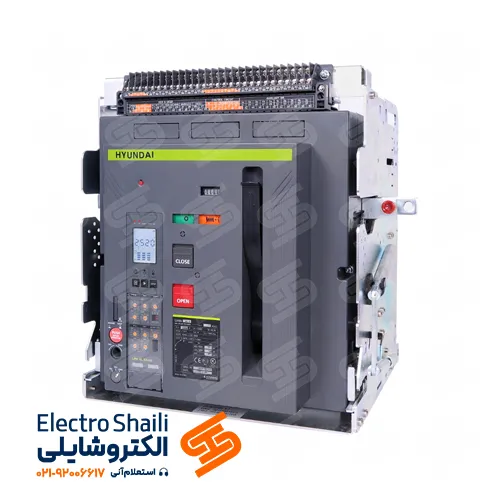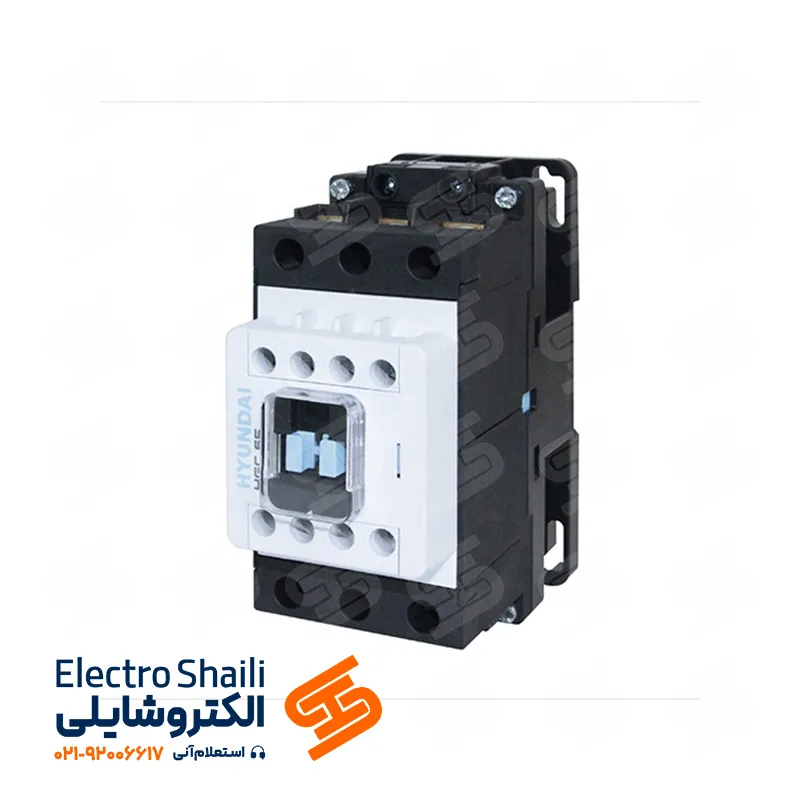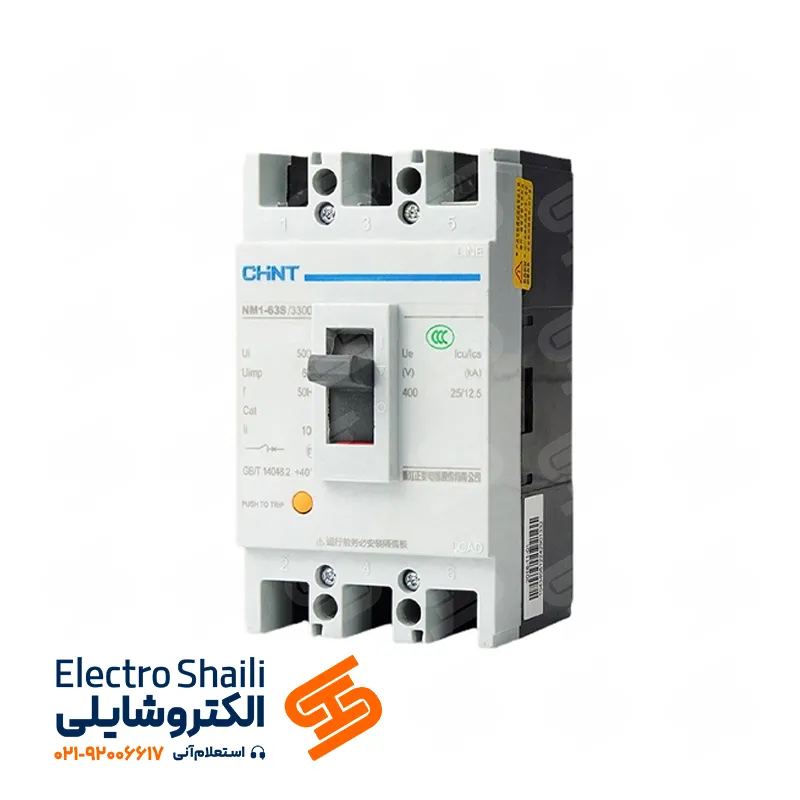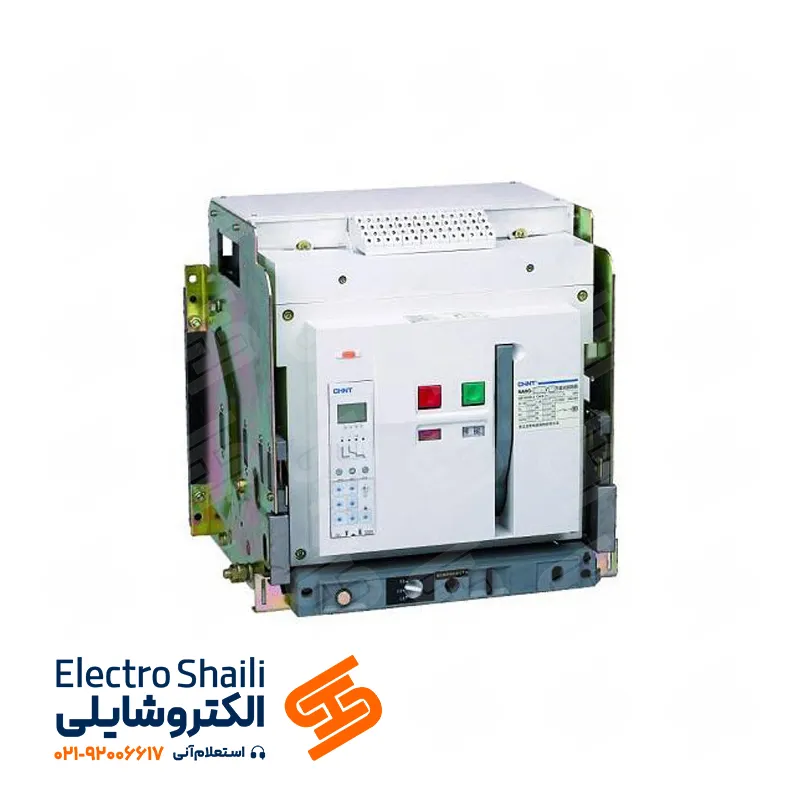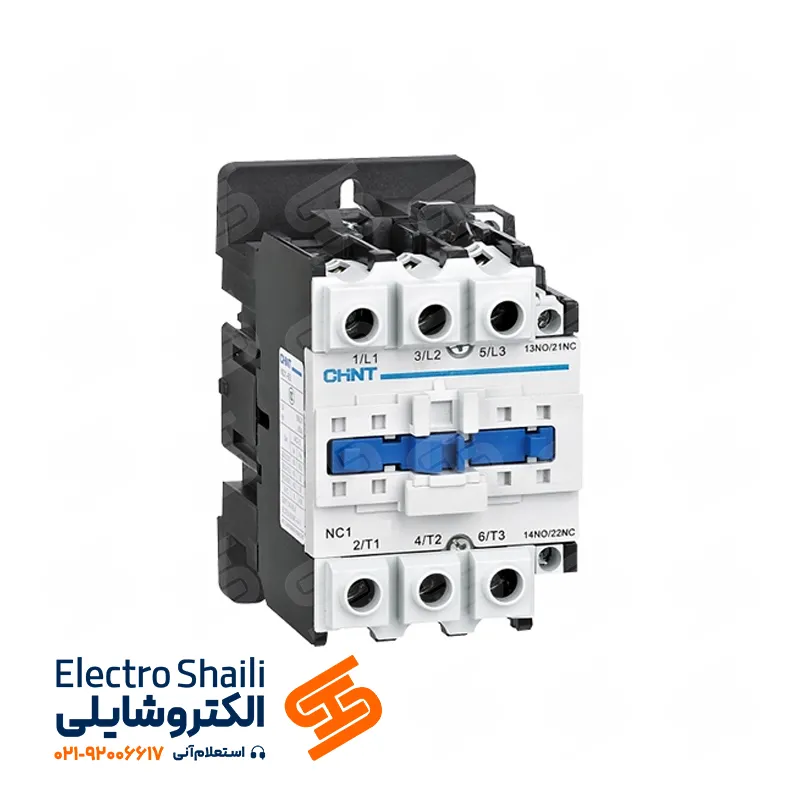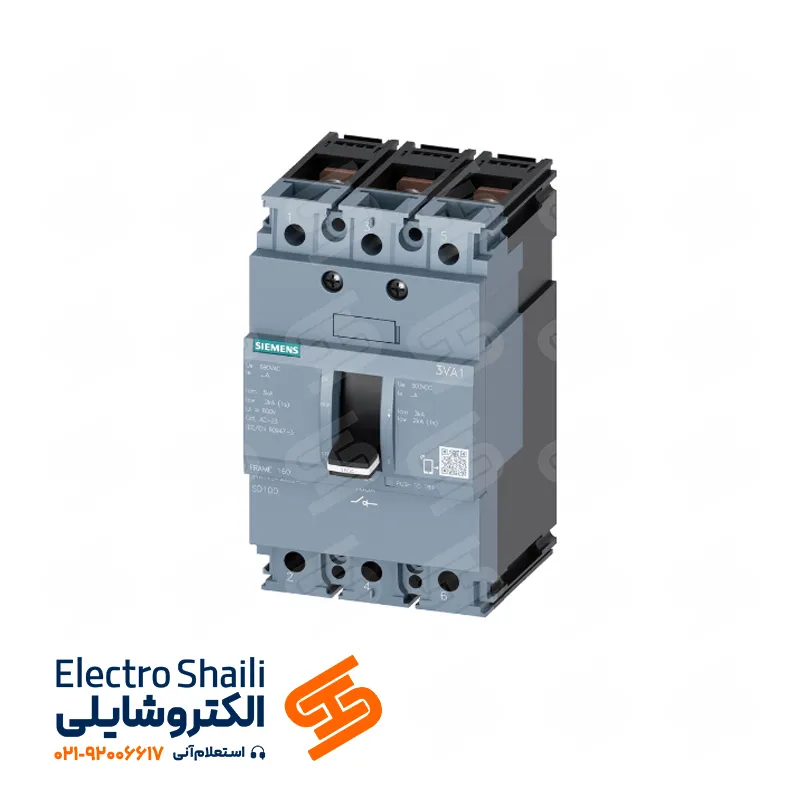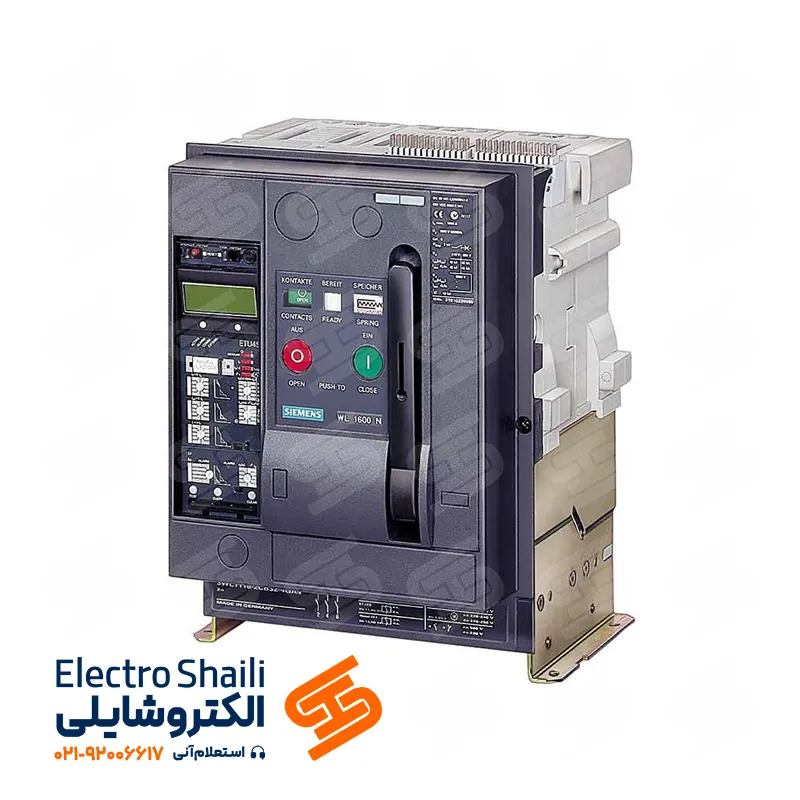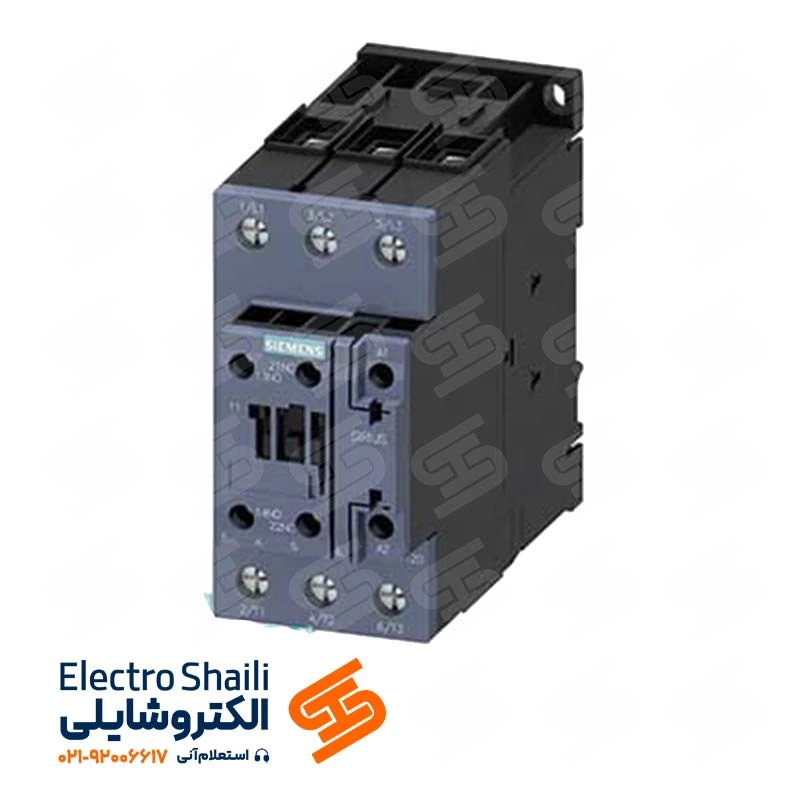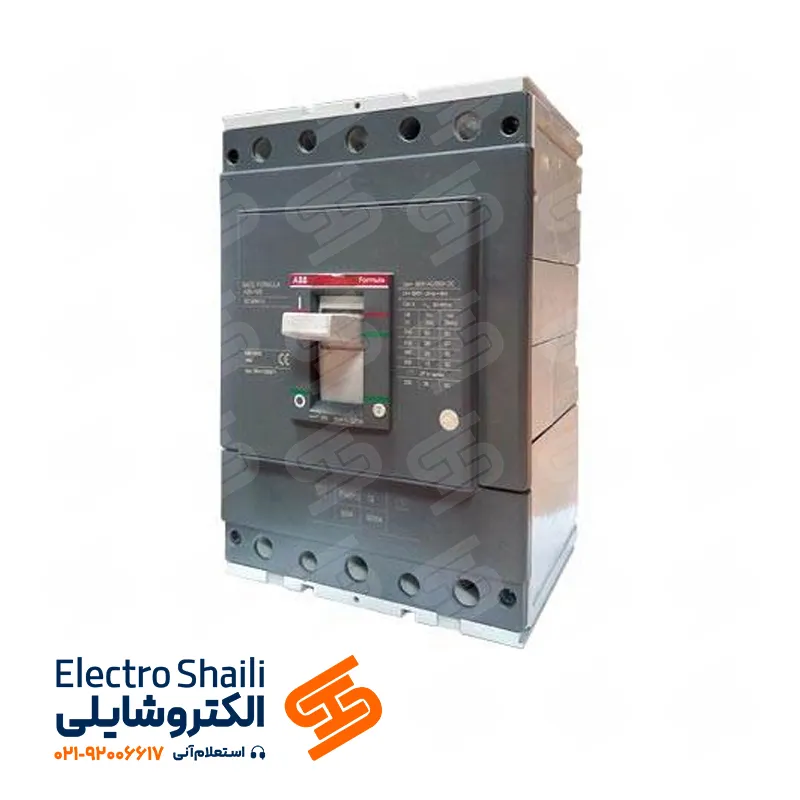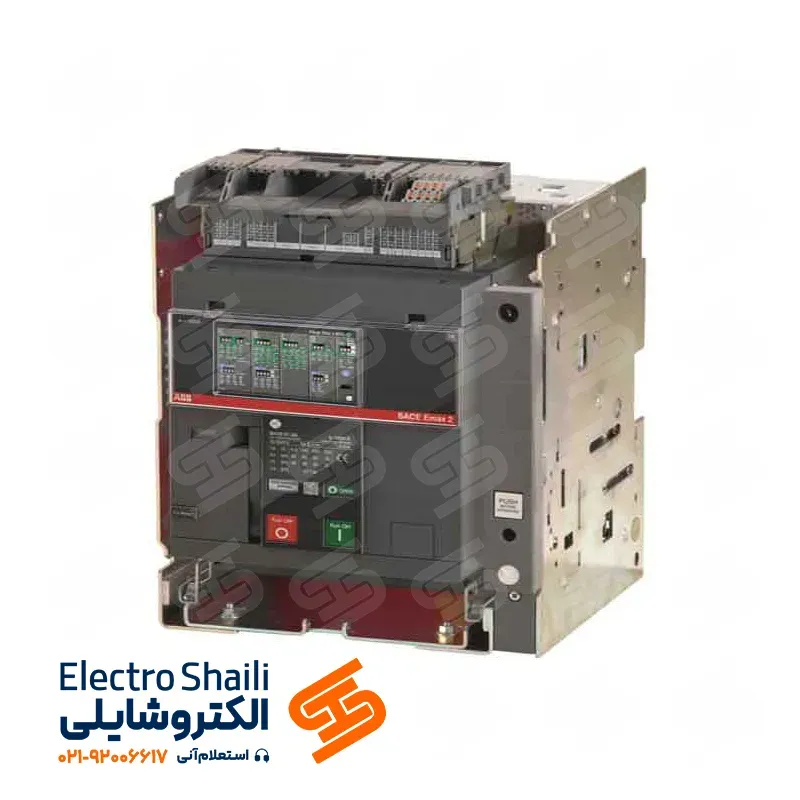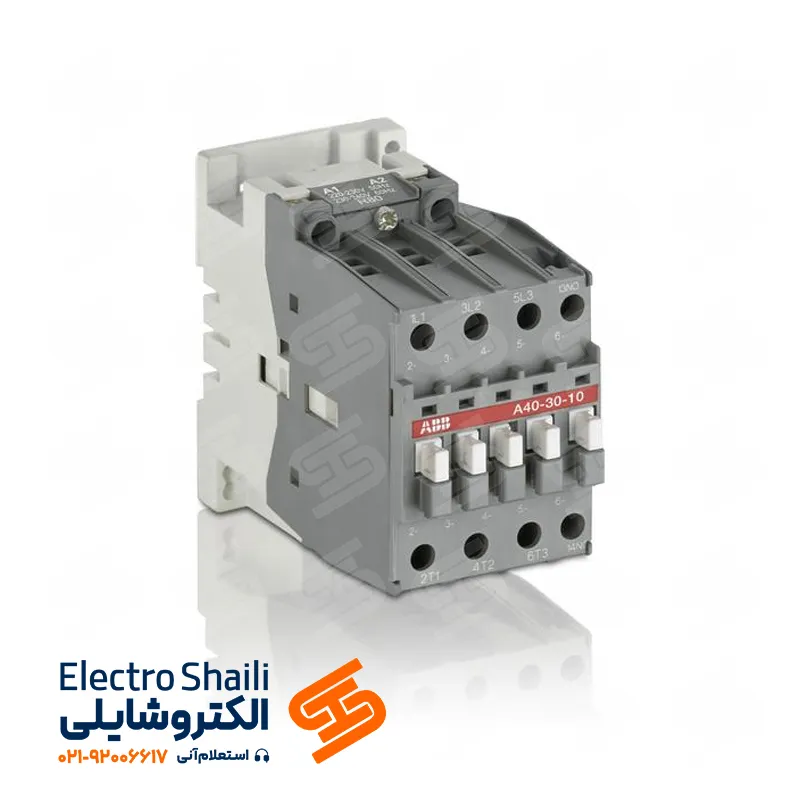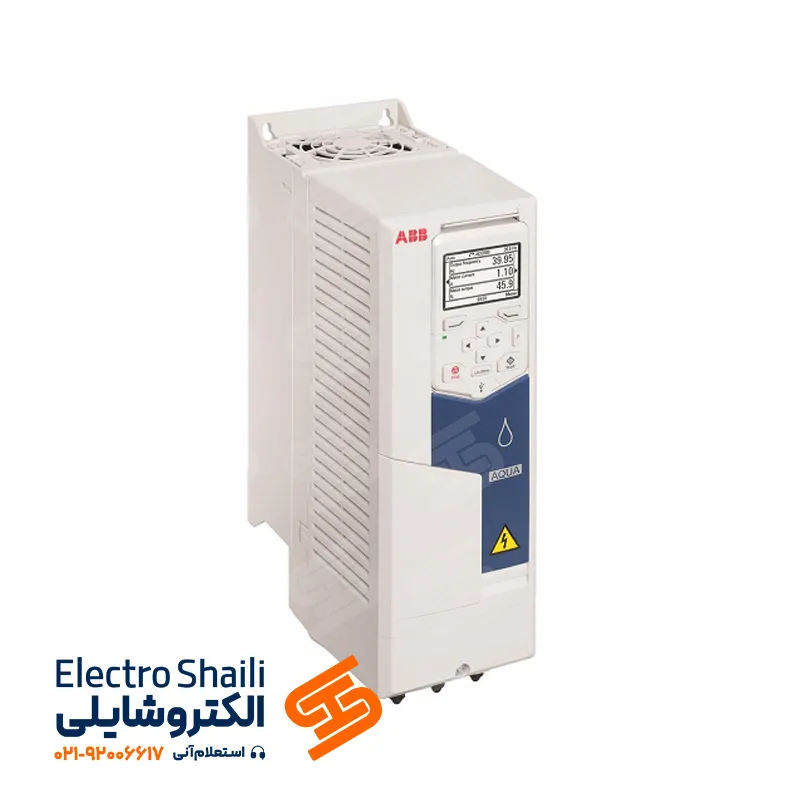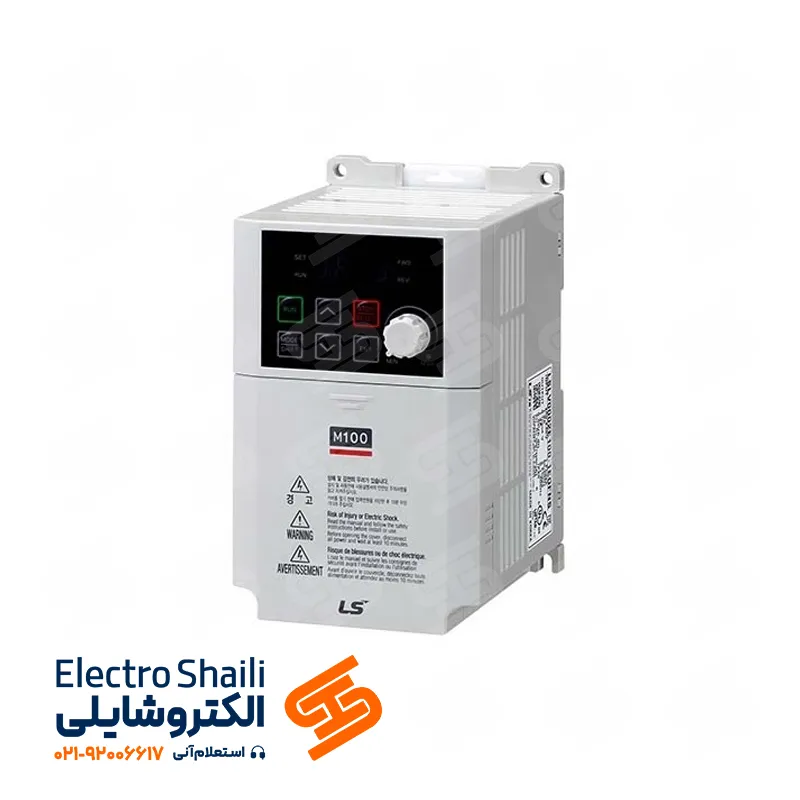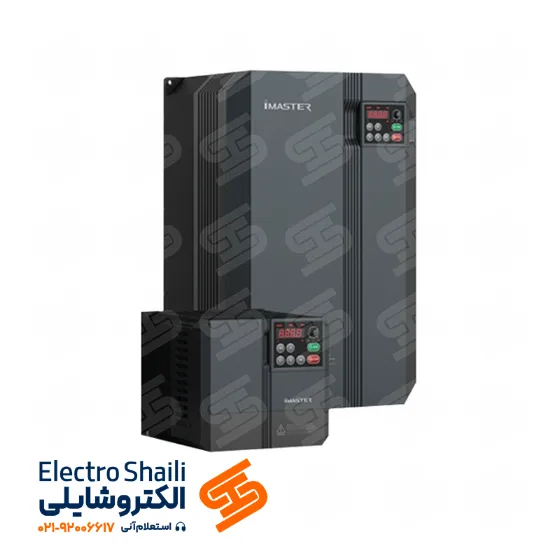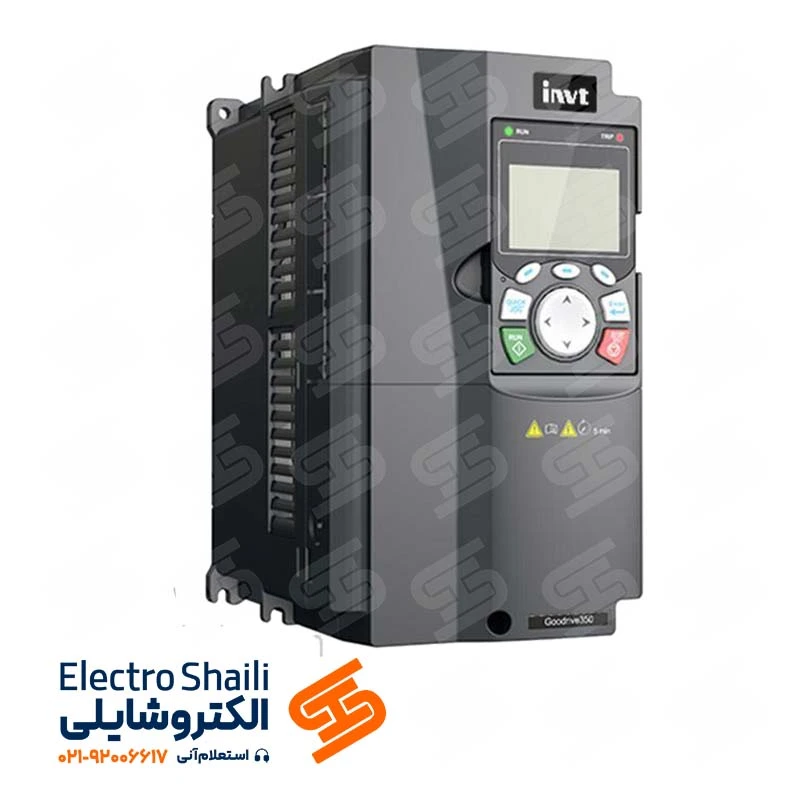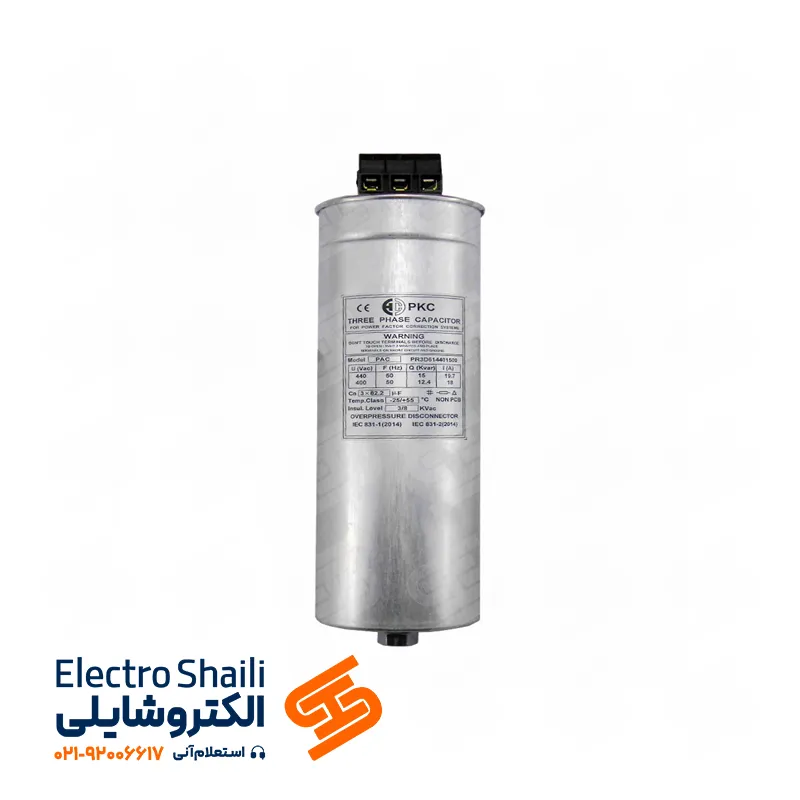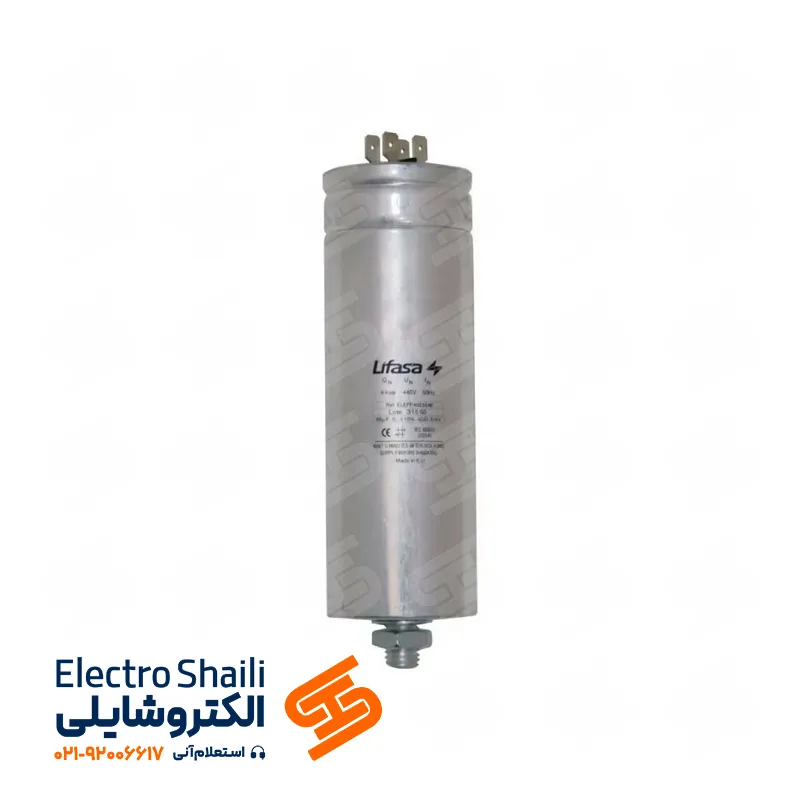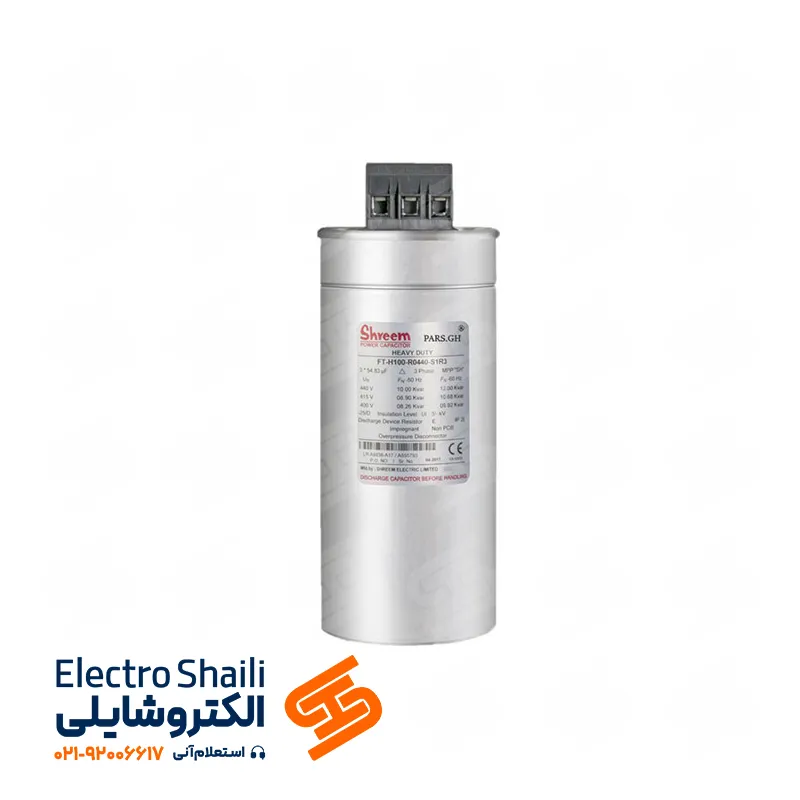Buy Chint Bimetal From Iran
Bimetal Chint is made of a two-layer metal that is used in thermal cut-off and temperature control systems. With temperature changes, bimetal Chint is capable of undergoing flexural deformation, a property crucial for temperature control and proper system performance.
Chint Electric is a prominent manufacturer in the field of electrical and electronic equipment. The company offers a wide range of electrical products, including measurement equipment, power transmission line equipment, power distribution equipment, industrial and household equipment, and industrial automation equipment.
In Iran, Electroshaili is the main representative of Chint. Electroshaili is one of the leading companies in supplying and distributing electrical and electronic equipment in Iran. By providing quality products and satisfactory services, this company operates as the main partner of Chint in the Iranian market, meeting various needs of industries and organizations in the field of electrical and electronic equipment.
Bimetal Chint is introduced as one of the products of this company. As the main representative of Chint in Iran, Idegasht Shayli supplies this product to customers and effectively meets the needs of industries and organizations in this field.
Buying Bimetal Chint:
Types of Bimetal Chint Models
Chint is one of the largest manufacturers of electrical equipment in the world, producing various types of bimetal relays. Here we introduce and examine some of the commonly used models of these relays:
NR2 Series Bimetal Relay
This series of bimetal relays are used to protect electric motors from overload and excessive heating.
NR2 series bimetal relays are produced in different sizes and current ranges.
Features of this series include precise current adjustment, fast operation, and long life.
XJ3 Series Bimetal Relay
This series of bimetal relays are used to protect single-phase and three-phase electric motors from overload and excessive heating.
XJ3 series bimetal relays have manual and automatic current adjustment.
Features of this series include reasonable price, easy installation, and model variety.
TH Series Bimetal Relay
This series of bimetal relays are used to protect high-power electric motors from overload and excessive heating.
TH series bimetal relays have a high current range and precise current adjustment.
Features of this series include adjustable protective class, reliable operation, and long life.
NX Series Bimetal Relay
This series of bimetal relays are used to protect electric motors from overload, excessive heating, and phase failure.
NX series bimetal relays have a high current range and precise current adjustment.
Features of this series include adjustable protective class, reliable operation, and long life.
N Series Bimetal Relay
This series of bimetal relays are used to protect electric motors from overload, excessive heating, and voltage fluctuations.
N series bimetal relays have a high current range and precise current adjustment.
Features of this series include adjustable protective class, reliable operation, and long life.
Considerations for Choosing Bimetal Relays:
When selecting bimetal relays, attention should be paid to the following:
Nominal motor current
Required protection class
Motor type (single-phase or three-phase)
Supply voltage
Relay current range
Additional features such as automatic current adjustment, protection against phase failure, and voltage fluctuations
To select the appropriate bimetal relay, you can use Chint catalogs or consult electrical specialists.
What is Bimetal and What is its Application?
Bimetal is a composite material composed of two different metals. These two metals are layered together. The metals typically used in bimetal include nickel, cobalt, copper, iron, and aluminum. Bimetal exhibits a special property in response to temperature changes due to the difference in the coefficient of thermal expansion of these two metals.
The applications of bimetal due to its special properties include:
Thermostats: Bimetal is used in thermostats because of its property of changing shape in response to temperature changes. As the temperature increases, bimetal bends and interrupts the connection, and as the temperature decreases, it returns to its original state and restores the connection.
Temperature sensors: Bimetal is used as a temperature sensor. With temperature changes, bimetal undergoes a change in shape, and this shape change is used as a temperature-sensitive signal in temperature sensors.
Heat dissipation systems: Bimetal is used as a thermal compensation material in heat dissipation systems. With temperature changes, bimetal undergoes a change in shape, and this shape change acts as a thermal compensation method.
Heat cut-off systems: In heat cut-off systems, bimetal is used as a temperature-sensitive element. With an increase in temperature, bimetal undergoes a change in shape, and this shape change can be used as a signal in heat cut-off systems. When the temperature reaches the desired level in a heat cut-off system, bimetal, due to its shape change, interrupts the connection and activates the heat cut-off system. In other words, with an increase in temperature, bimetal becomes active and activates the heat cut-off system when necessary. This technology is used in various products such as electric stoves, heating devices, and other industries. For example, in refrigerators, when the temperature inside the refrigerator increases to a certain level, bimetal undergoes a change in shape and activates the cooling system to reduce the temperature inside the refrigerator. This method is very efficient because the system automatically turns on and off, preventing excessive temperature increase.
In summary, bimetal is used as a temperature-sensitive element in heat cut-off systems to turn off the system in case of a sudden increase in temperature and prevent serious problems such as fire or equipment damage.
Difference between Bimetal and Thermal Switch
Bimetal and thermal switches both use electromechanical components and are used in thermal shutdown systems, but they have differences.
Function:
Bimetal: Bimetal is a temperature-sensitive element that changes shape with temperature. This change in shape can be used as a signal to activate the thermal shutdown system.
Thermal Switch: A thermal switch is an electromechanical switch that acts as a signal to open or close an electrical circuit with an increase in temperature.
Type of Application:
Bimetal: Bimetal is primarily used in thermal shutdown systems as a temperature-sensitive element. It changes shape with temperature increase and activates the system.
Thermal Switch: A thermal switch is used in electrical systems and acts as a switch to open or close the circuit with a temperature increase.
Structure:
Bimetal: Bimetal is made up of two layers of different metals that are welded together. These two layers change shape and bend with temperature changes.
Thermal Switch: The thermal switch has a mechanical structure that includes a diaphragm, contacts, and electrical wires. With the effect of temperature on the diaphragm, the contacts change state.
Components of Bimetal
Bimetal is a temperature-sensitive element mainly composed of two layers of different metals. These two metal layers are usually connected by welding. The components of bimetal include:
Metal Layer 1: This layer is usually made of a metal with a high coefficient of thermal expansion, such as nickel, iron, or cobalt.
Metal Layer 2: This layer is usually made of a metal with a lower coefficient of thermal expansion, such as copper, brass, aluminum, or titanium.
The change in shape of bimetal due to temperature change is of great importance. When the temperature increases, metal layer 1 with a higher coefficient of thermal expansion bends more than metal layer 2 with a lower coefficient of thermal expansion. This change in shape can be bending or length change.
read more about Buy Siemens Bimetal in Iran
Bimetal Chint CHINT Function
Chint Bimetal (Chint) is a temperature-sensitive element used in thermal shutdown and temperature control systems. The function of Bimetal Chint is based on its property of changing shape in response to temperature change. When the temperature increases and reaches a set limit, Bimetal Chint begins to bend.
Bimetal Chint is made up of two layers of different metals with different properties. These two metal layers are usually made of steel and copper. These layers, with their different coefficients of thermal expansion, change shape and bend with temperature change.
With the change in shape of Bimetal Chint, the thermal shutdown system is activated. In other words, Bimetal Chint can act as a temperature-sensitive switch. When the temperature exceeds the set threshold, Bimetal Chint bends and interrupts the electrical connection. This function prevents temperature increase and protects electrical and electronic equipment.
Advantages of using Bimetal Chint over others
The use of Bimetal Chint has advantages compared to others, including:
Accuracy and adjustability: Bimetal Chint is made of two layers of different metals, which adjust their bending due to different coefficients of thermal expansion. This feature provides more precise control over temperature and thermal shutdown systems.
Longevity: Bimetal Chint, due to its use of durable metal and compliance with high standards, has a long lifespan. This means less need for frequent replacement of elements and reduces maintenance and repair costs.
Quick response: Bimetal Chint exhibits a very rapid and noticeable change in its bending shape with temperature change. This feature ensures a quick and accurate response in controlling and managing temperature in sensitive systems.
Resistance to shock and vibration: Bimetal Chint has high resistance to environmental shocks and vibrations. This feature ensures that the performance of Bimetal Chint remains intact in harsh conditions and industrial environments.
Wide temperature range usability: Bimetal Chint is capable of operating over a wide range of temperatures. This element is suitable for use in very low to very high temperatures and is suitable for many industries and applications.

